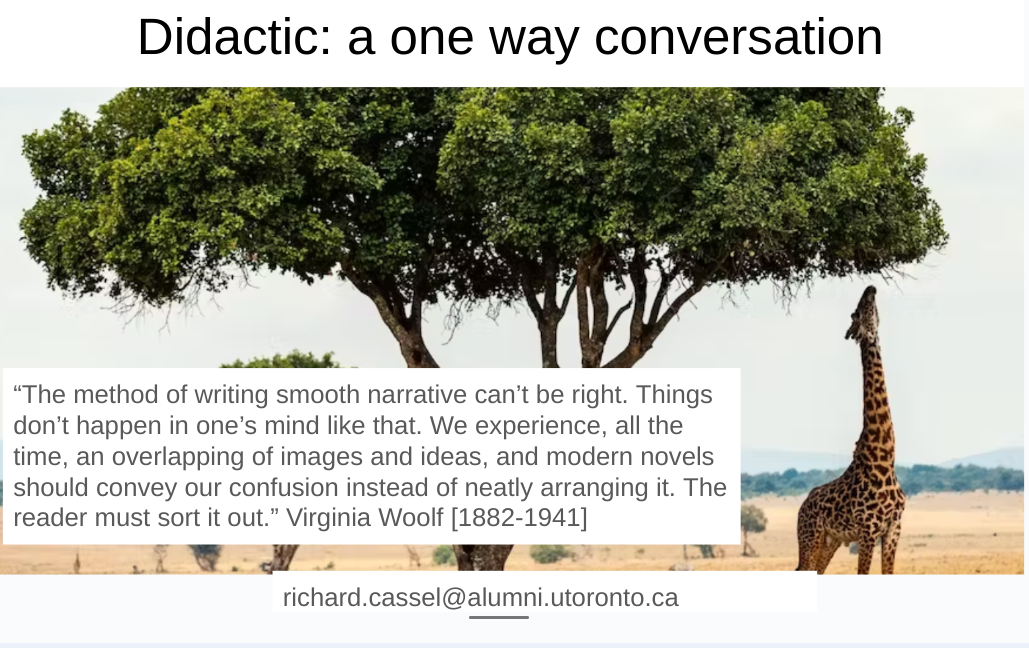
"...I feel angry with the world, with life and its fastidious order of things. There is so much I don't understand and the riddles seem to be getting more obscure. Too much has been said about my condition, my illness, whatever it is. I don't know what to call it, this thing that happened to me because because. I'm sick of the endless explanations that come with it, the lies and cover-ups, the injustice and humiliation of it all. The indifferent nurses and psychiatrists who only communicate through prescriptions. Heavy prescriptions that dull your senses and seem to drain life force out of you. I'm sick of this familiar feeling of indignation. It's too tiring, too overwhelming to be always angry with life, always questioning. Why me? Why this? And this drug, what does it do? Will it take away this ugly feeling? Will I be able to sleep? Will I have my life back? It's too much. It makes my hands go cold and ties my stomach in knots. After a while anger just takes over your life and comes out in cynical bites when you speak.
My protests seem like insignificant drivel in the greater scheme of things anyway - whatever that means. I'm tired of therapy. I'm sick of trying to get to the root of things. All roots just seem to lead to more roots and more roots. Creation is a mad affair after all. It has no end. And that's what I need, an end. If not at least an answer to some semblance of conclusion. What does "cannabis induced psychosis" mean? There is more to it than that. This is what the medical profession will never understand. I'm looking for a deeper understanding of what happened to me, not an easy answer like cannabis induced psychosis. And why don't they just say it if they really don't understand what happened? Why blame it on cannabis?
It's too exhausting to be like this all the time. I'm tired, hungry. Washed-up at twenty three. I keep thinking and force myself to do something. But I can't. Time is against me. I feel seconds ticking in my veins as I breathe. Minutes are outnumbering the hairs on my body. Hours are disappearing with each nail that grows. Forever. And ever. It's frightening. Time is frightening. It's like dominoes endlessly falling into oblivion.
And forever itself, it's too daunting. There's no way back, no back door to sneak through. I can't undo the mistakes I tripped over. Everything counts and very little is remembered. Forever. It's the only answer life gives us. And we are expected to fit it into some neat equation with death and a blissful after-life. It's too much of a task. It's all too mad."
- K. Sello Duiker [1974-2005], The Quiet Violence of Dreams, pp. 9-10.

















































